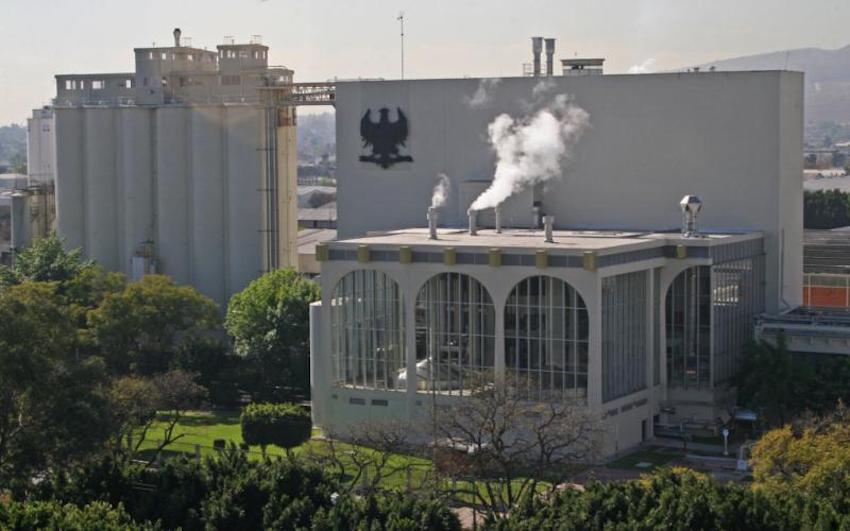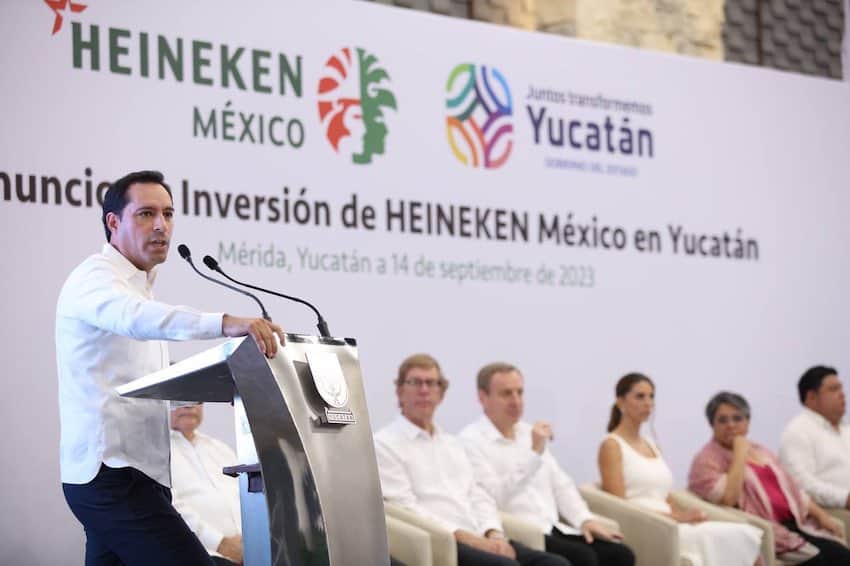Dutch brewer Heineken is to build a new beer production plant in Yucatán, with an investment of 8.7 billion pesos (US $510 million).
Construction is projected to begin in 2024, in the municipality of Kanasín, part of the Mérida metropolitan area. The factory will begin operations in early 2026 and is expected to generate 2,000 jobs, according to Guillaume Duverdier, CEO of Heineken Mexico.

Duverdier explained that the plant will initially supply the Mexican domestic market with popular local brands, including Tecate, Sol, Dos Equis, Bohemia, Indio and Carta Blanca, and eventually hopes to export abroad.
He said that the location was chosen to bring the company’s products closer to consumers in southeastern Mexico, responding to the “solid growth potential” of the Mexican market.
It will be the company’s eighth plant in the country – adding to facilities in Orizaba, Monterrey, Tecate, Navojoa, Guadalajara, Toluca and Chihuahua – but the first in the southeast. The company already employs some 18,000 people in Mexico.
Kanasín was selected following a detailed feasibility study that evaluated local economies, security, connectivity and natural resource availability across the country, finding Yucatán to be the ideal location.

Heineken is one of several breweries turning their sights towards southern Mexico. In 2020, U.S.-based Constellation Brands was forced to walk away from a US $1.4 billion brewery already under construction in Mexicali and relocate the facility to Veracruz, after farmers in Baja California expressed concerns that the project would exacerbate water shortages in the drought-stricken region.
Heineken inaugurated its most recent Mexican plant five years ago in Meoqui, Chihuahua, with an investment of US $500 million. The company claims that the plant follows strong sustainability principles to minimize water usage, operating under a strict waste reduction policy and using sustainable energy sources.
Despite the relative abundance of water in southeastern Mexico, Heineken says that the new Yucatán plant will follow these same environmental principles, aiming to use just two liters of water per liter of product.
With reports from El Financiero and Expansión México
